Podcast … it is a term that is entering the common vocabulary in the same way that blog, "Google" and other computer specific terminology have done in the past few years. In the past, a podcast was an oddity that belonged exclusively to those who owned the iPod (the term is built from combining "broadcasting" and iPod after all). Today, podcasts can be streamed through a web browser, supplied through an RSS subscription, or loaded to any device capable of interacting with the Internet.
There are a few technical terms that anyone interested in making podcasts should know, and among them is the new definition of a podcast. For all intents and purposes, they are digital files that are made to be downloaded to a computer or media player. They can be "one off" episodes, but are most often a series of recordings about a subject or specific area of interest.
So, they are not limited to the iPod owners, and they are not exactly broadcasts. They are what you should refer to as "content syndication". Though you can use places like iTunes and Google Play to find podcasts, you can also subscribe to your favorites (via their websites as well as online stores) and have them delivered to you directly, and however you choose.
Why You Should Be Making Podcasts
Okay, so that is the technical description of the podcast, and now it is time to look at precisely why you want or need one. After all, you may be like so many others in the modern world and already write a blog, use social media to promote ideas or your business, and even maintain a website. Why add yet another item to the "to do" list?
Reasonably, there is no single, easy answer. Instead, there is a list of really great reasons that you need to roll up your sleeves, clear your throat, and start talking:
- They are hot and have become one of the most popular ways for people to generate content. Take the tremendous success of something like Serial and the offshoots it has created to see just how effective a well-made podcast can be.
- They are a potent form of content unlike anything else in the list of possibilities. After all, blogs, videos, social media, articles, websites … they don't exactly travel well. They can connect us to an idea, but that connection breaks when we walk away from the computer. Podcasts come with us on any media player and people often talk about taking them into the shower, out on the road, on walks, as they do chores, and more. Content is king, and podcasts are a way of bringing that content out into the world in the most dynamic way imaginable.
- They speak to us. Yes, they are recordings that are speaking, but have you ever had to read a sentence twice because the meaning was unclear? The spoken word doesn't run that risk. When podcasting, your message is spoken clearly, with emotion, and even with inflection at just the right points.
- Podcasts can be transcribed into dynamic written content and used for posting to a blog, website or social media, and all without running the risk of taking some hits to SEO results.
- They are ideal conduits for guest content, and it is much more likely that you can get a 15-minute phone call with your guest than that 500-1000 word article that tends to be "guest content".
- They are so easy to make. Go ahead and record a podcast and then try to achieve the same sort of content goals with writing. Record, edit, and release is all that it takes, and then it is up to you to promote it.
And now that you know the reasons for making podcasts, it is time to consider how to get your podcast uploaded and build an audience around them.
Apple iTunes and Google Play Music in Addition to Your Sites
The places that people can listen to podcasts include the actual website with its RSS feed, or they can subscribe to the podcast by uploading it via iTunes or Google Play Music. Thus, you want your podcasts to appear on these venues. To do this takes one thing: Following instructions.
Both iTunes and Google Play Music have very specific guidelines that you must follow if your podcast is accepted and then placed in the store. While it is possible for us to give you the instructions here, it would be better for you to use the very latest versions from the sources themselves:
iTunes’ "How to Submit a Podcast" is found at this link
A good source for submitting a podcast to Google Play Music is here
Something to note about using both sites is that there are tips and suggestions available for increasing your chances at success. For example, Apple provides a long list of tips for "Creating Podcast Feeds and Metadata" that you just cannot ignore. These suggestions include taking advantage of tagging, using strong subcategories, and choosing a strong title. Why? So you can be found by an audience looking for your kind of content.
Remember that neither Google Play Music nor Apple iTunes sites can work with you unless you have your RSS feed up and running, and Google Play Music strongly suggests using the same RSS feed link that you submitted to iTunes. Naturally, a high quality show, good visuals and sound, and effective music and content must enter the equation too.
By now, you know that a podcast is becoming an essential part of any content marketing plan, and it is a far more dynamic and unusual way to spread your message.

